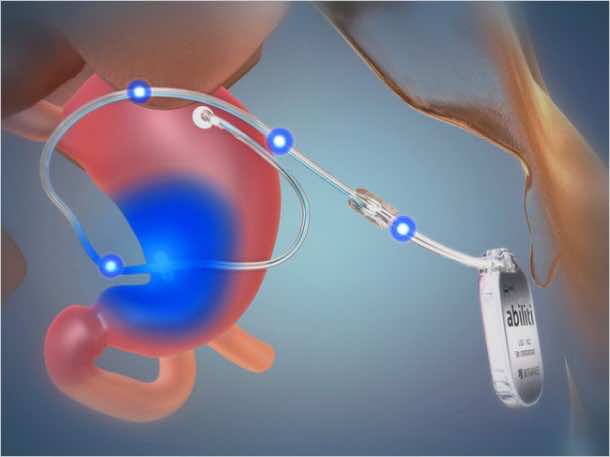Can’t resist taking another helping of a delicious meal because your belly isn’t full? This new electronic pill will help you avoid that as it tricks the mind into believing that the stomach is full. On the outside, it may look like any other tablet, but in the inside, it is overflowing with cutting edge technology.
It operates on the same principles as gastric pacemaker to suppress the overeating habits. The gastric pacemaker is surgically attached to the wall of the stomach and wired to a vagus nerve. The nerve relays the signals to the hypothalamus part of the brain that controls the hunger portion. It feeds the deceptive data to the nerve that the stomach is empty while it is not so in reality. It does so by firing low-level electrical pulses to the brain that makes it think that the stomach has no more room, and you stop eating altogether.
However, the gastric pacemakers are an expensive 10,000 $ each and are only used for patients having serious problems due to their poor availability throughout USA. This latest invention will work on the same principles as it is developed by Israeli company MelCap systems. The price hasn’t yet been announced, but it will be less than that of a pacemaker. Once swallowed, the high-tech pill isn’t just left there to work on its own. The tablet connects to a smartphone via Bluetooth, and it releases a mesh that prevents the pill from going down the gut. Instead of opening the abdominal cavity and surgically attaching the pacemaker, a powerful magnet is used to move the tablet into a place where the vagus flows in the stomach. This magnetic assistor also keeps the pill in place.
The pill has been designed to disintegrate within a few weeks. The powerful Hydrochloric acid present in the stomach slowly dissolves the mesh, and slowly nothing is left of it. The pills can also be sued in multiple numbers. The device will undergo clinical trials within a year or so. However, the brain is used to adapt to foreign signals and with time, it will ignore the fake signals and give a proper indication of appetite. So, relevant dynamic changes are needed in the signals to make them feel more convincing to the brain. The technology is going in the right direction, but will we ever see this product on the retail market? Only time can tell!



